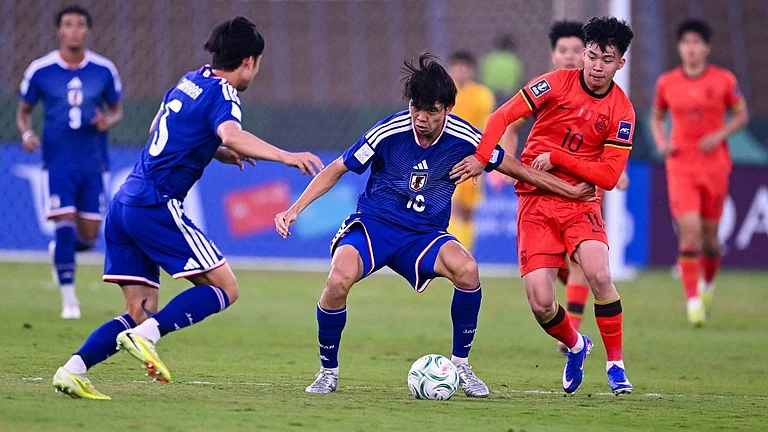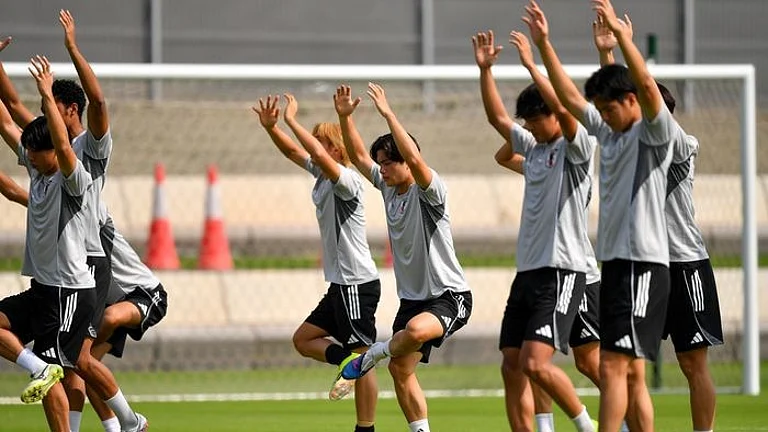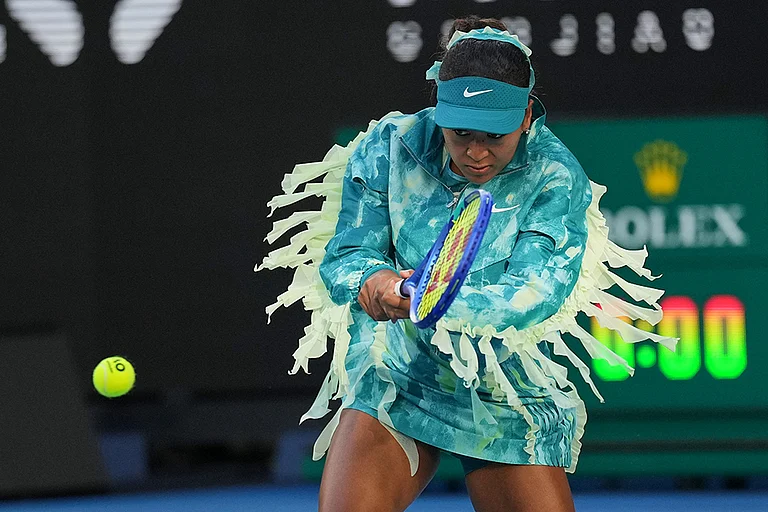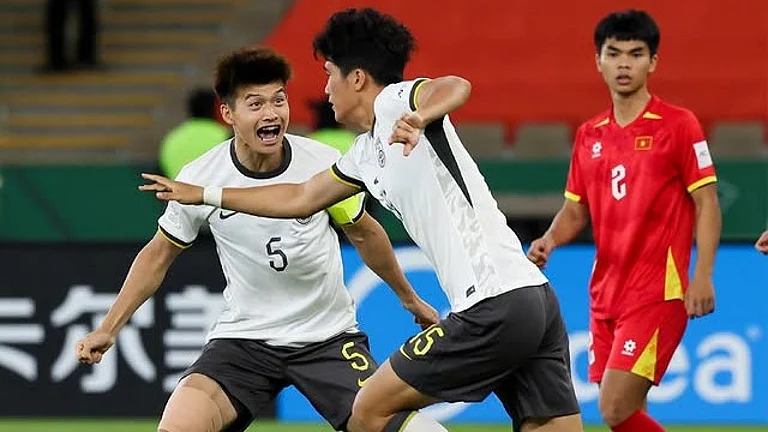The United States, Japan, Australia and the Philippines will hold their first joint naval exercises, including anti-submarine warfare training, in a show of force Sunday in the South China Sea where Beijing's aggressive actions to assert its territorial claims have caused alarm.
The four treaty allies and security partners are holding the exercises to safeguard “the rule of law that is the foundation for a peaceful and stable Indo-Pacific region” and uphold freedom of navigation and overflight, they said in a joint statement issued by their defence chiefs Saturday.
China was not mentioned by name in the statement, but the four countries reaffirmed their stance that a 2016 international arbitration ruling, which invalidated China's expansive claims on historical grounds, was final and legally binding.
China has refused to participate in the arbitration, rejected the ruling and continues to defy it. The Philippines brought its disputes with China to international arbitration in 2013 after a tense sea standoff.
There was no immediate comment by China.
Last year, the Chinese Foreign Ministry warned against military exercises involving the United States and its allies in the disputed waters harming its security and territorial interests.
"We stand with all nations in safeguarding the international order based on the rule of law that is the foundation for a peaceful and stable Indo-Pacific region,” the four nations said but did not provide specific details of the military drills, called the Maritime Cooperative Activity.
Japan said in a statement, issued by its embassy in Manila, that it would deploy its destroyer, the JS Akebono, for the South China Sea exercises, which would include anti-submarine warfare training and other military maneuvers.
"Japan believes that the issue concerning the South China Sea is directly related to the peace and stability of the region and is a legitimate concern of the international community including Japan, Australia, the Philippines, and the United States,” Japan's Defence Minister Minoru Kihara said in the statement.
"Japan opposes any unilateral changes to the status quo by force, such attempts as well as any actions that increase tensions in the South China Sea,” he said.
US Defence Secretary Lloyd Austin said in a separate statement the exercises “underscore our shared commitment to ensuring that all countries are free to fly, sail, and operate wherever international law allows."
Australian Defence Minister Richard Marles said “respect for national sovereignty and agreed rules and norms based on international law underpin the stability of our region.”
Defence Secretary Gilberto Teodoro Jr. said the military drills on Sunday would be the first in a series of activities to build the Philippines' “capacity for individual and collective self-defence."
Aside from China and the Philippines, the long-simmering disputes in the South China Sea, a key global trade route, also involve Vietnam, Malaysia, Brunei and Taiwan. But skirmishes between Beijing and Manila have particularly flared since last year.
Washington lays no claims to the strategic seaway but has repeatedly warned that it's obligated to defend its longtime treaty ally the Philippines if Filipino forces, ships and aircraft come under an armed attack, including in the South China Sea.
China has warned the US not to intervene in the disputes, which have sparked fears of an escalation into a major conflict that could involve the two world powers.
Japan has separate territorial disputes with China over East China Sea islands. Increasing tensions in the disputed waters would be high on the agenda when President Joe Biden hosts his Japanese and Philippine counterparts in a summit at the White House next week.
In the latest hostilities last month, the Chinese coast guard used water cannons that injured a Filipino admiral and four of his navy personnel and heavily damaged their wooden supply boat near the Second Thomas Shoal.
The cannon blast was so strong it threw a crewman off the floor but he hit a wall instead of plunging into the sea, Philippine military officials said.
The Philippine government summoned a Chinese embassy diplomat in Manila to convey its “strongest protest” against China. Beijing accused the Philippine vessels of intruding into Chinese territorial waters, warning Manila not to “play with fire” and saying China would continue to take actions to defend its sovereignty.





























